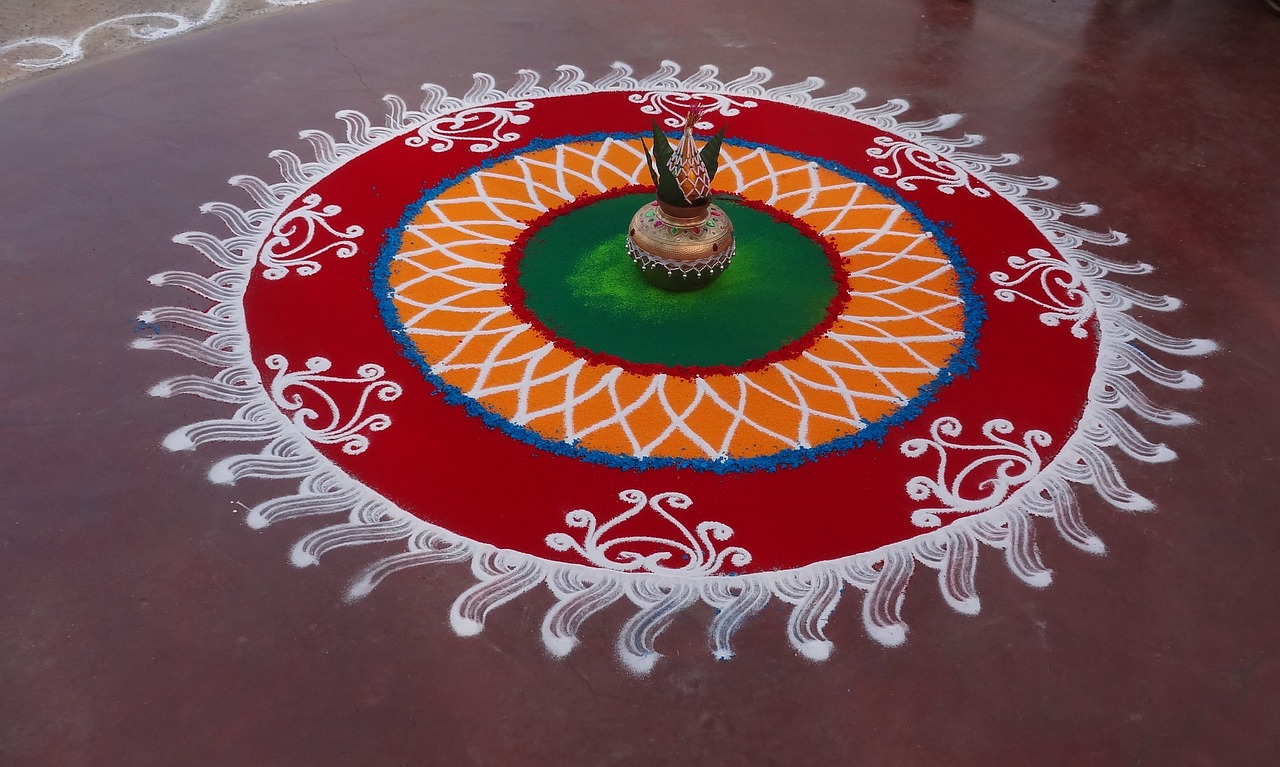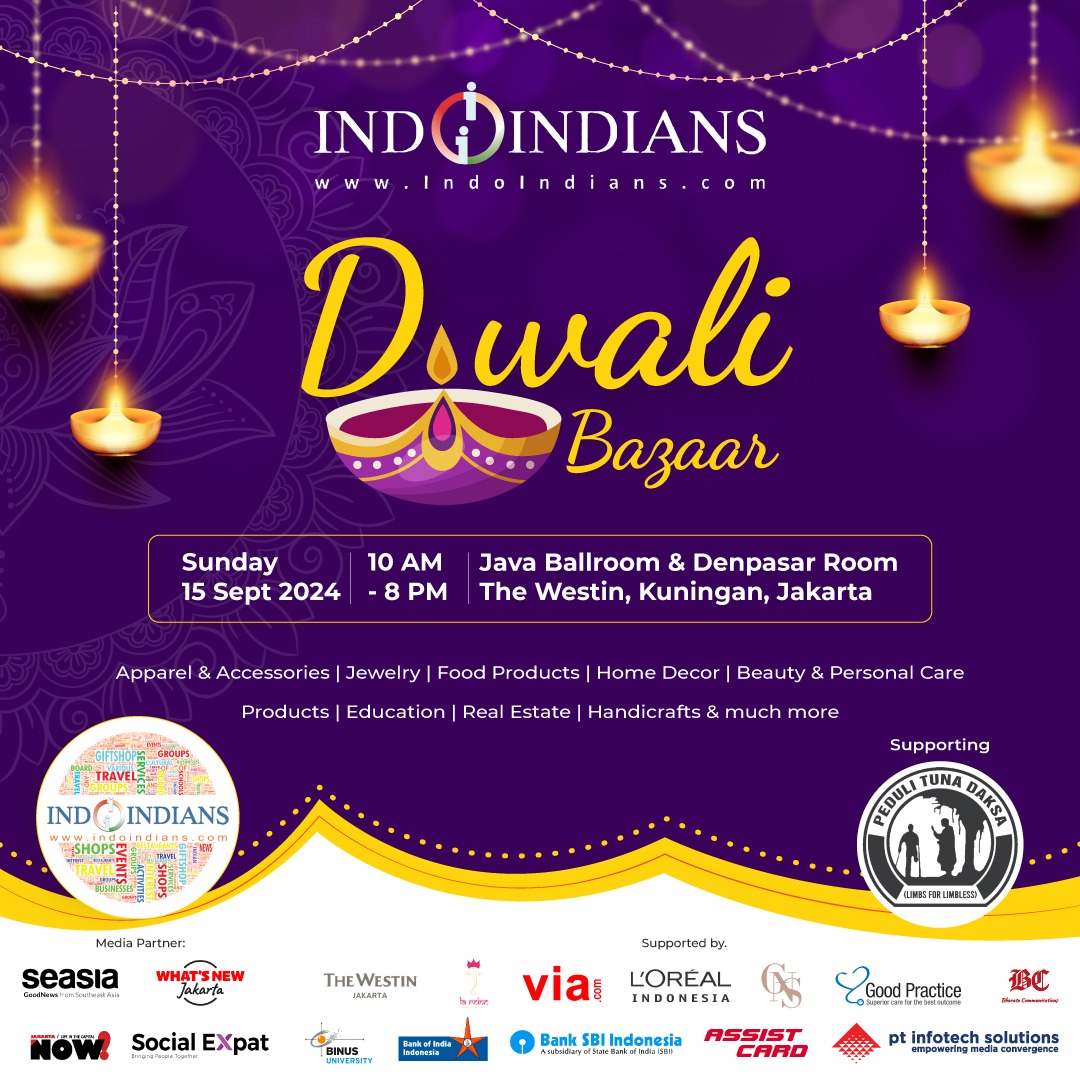Diwali, Dipawali or Deepavali, is the most vibrant and festive annual Hindu, Jain and Sikh festival. This festival has become an integral part of India's identity and has spread across the globe, bringing with it a wealth of traditions and noble values.
Diwali, which literally means "a row of lights," symbolizes the triumph of light over darkness, knowledge over ignorance, and good over evil. The celebration has deep spiritual significance and serves as a social event that involves people from all walks of life.
The History of Diwali
In the Hindu context, Diwali is associated with various mythological stories that depict the victory of Dharma (righteousness) over Adharma (injustice). One of the most popular stories associated with Diwali is the journey of Lord Rama in the epic Ramayana. His return to Ayodhya after defeating Ravana was greeted with joy by the people, leading to the tradition of lighting homes with diyas (lamps).
Besides Hinduism, Diwali also has deep significance in the Jain and Sikh traditions. In Jainism, Diwali is celebrated to commemorate the attainment of moksha (liberation) by Tirthankara Mahavira. Meanwhile, Sikhs celebrate Diwali to commemorate the release of Guru Hargobind Ji from imprisonment in Gwalior.
Even some Buddhist communities in India observe Diwali as a meaningful festival. Beyond its religious context, Diwali has become a symbol of unity, harmony and the spirit of sharing.
All You Need to Know About Diwali
A Multi-Day Celebration
Diwali, one of India's most vibrant cultural festivals, is celebrated for five consecutive days. This celebration takes place on the fifteenth day of the month of Kartik in the Hindu lunar calendar, although the timing varies from year to year.
The series of Diwali celebrations begins with Dhanteras and ends with Bhai Dooj, each with its own unique traditions. The culmination of Diwali falls on the third day, known as Lakshmi Puja, a ritual in which the goddess Lakshmi is worshipped to seek blessings for prosperity and happiness.
A Global Festival
As one of India's most festive cultural celebrations, Diwali has spread across the globe. The Indian diaspora in various countries has enriched Diwali traditions with local flavors. It's no surprise that several countries, including Nepal, Sri Lanka, Singapore and Malaysia, have declared Diwali a national holiday.
Get to Know Rangoli
Rangoli, a traditional Indian art form that involves creating colorful patterns on the floor, has a deep symbolic meaning in Diwali celebrations. It is seen as a way to honor the gods and is believed to bring good luck and positive energy into the home.

A Grand Celebration You Can't Miss
In Indonesia, you can attend the Diwali celebration hosted by the Indoindians community. The event titled "Indoindians Diwali Bazaar & Food Court" will be held on Sunday, September 15, 2024 at The Westin Hotel, Kuningan, Jakarta.
Indoindians.com is a leading platform that promotes understanding between India and Indonesia through news, culture and community resources. With over 100,000 monthly users, the platform connects the Indian and Indonesian communities and celebrates the cultural traditions and values of both countries.
More than just a shopping bazaar, it's a cultural festival that showcases the traditions and vibrant spirit of the Indian community. It's an opportunity to connect, celebrate and share heritage with a wide audience.
The bazaar offers a wide range of products and services from various vendors. Visitors can enjoy authentic Indian cuisine at the food stalls in the Denpasar Room and explore a variety of fashion and jewelry collections, from traditional to contemporary. There are also unique household items, handicrafts from Indian artisans, and health, medical and financial services. Art lovers and collectors will find exclusive works of art on display.
Make a Difference this Diwali
This year's Diwali celebration is even more special as the Indoindians community supports the Limbs for Limbless program, which provides prosthetic limbs to help people lead independent and dignified lives.
A portion of the ticket sales from the Diwali Bazaar will be donated to this cause, combining the spirit of togetherness with generosity. By attending this bazaar, you will not only be celebrating culture, but also contributing to meaningful change for those in need.




















